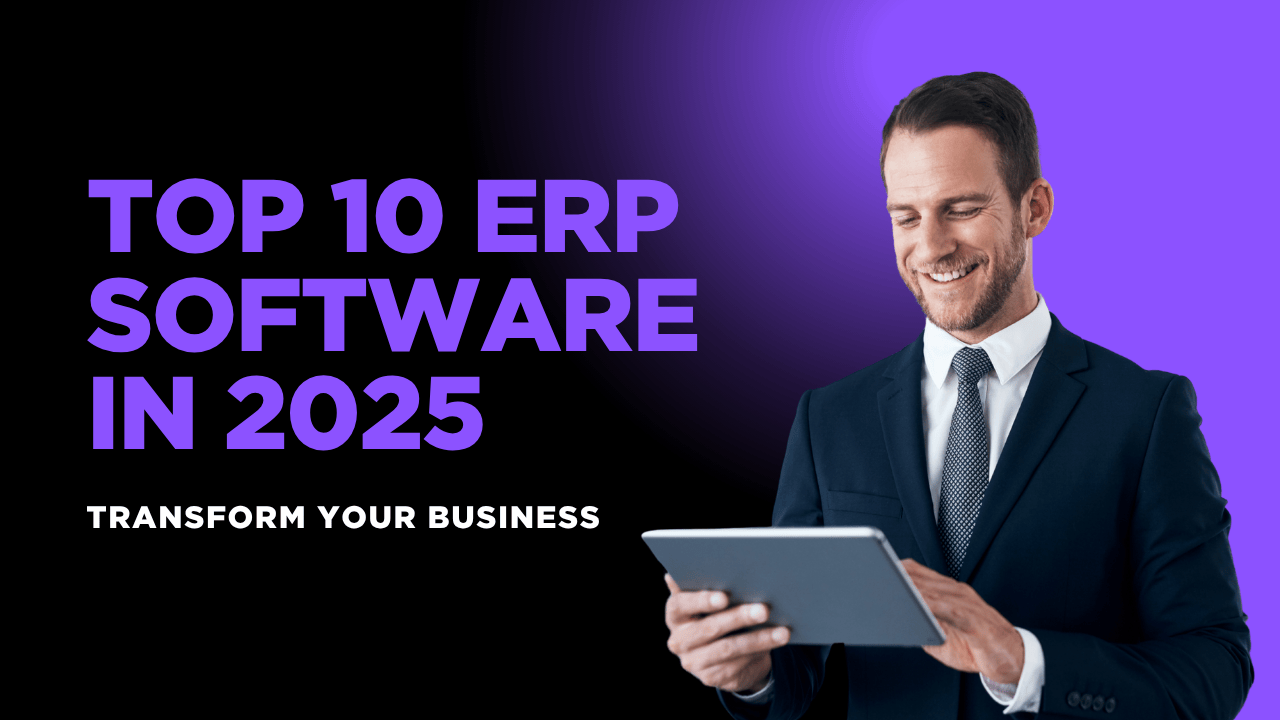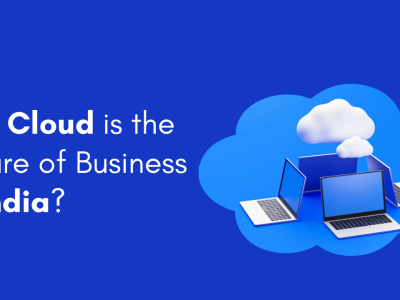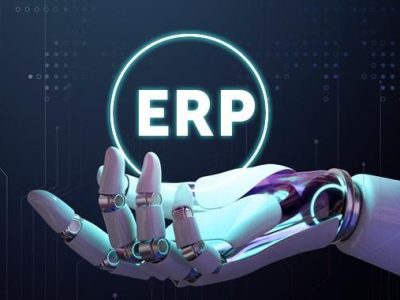4
As businesses continue to embrace digital transformation in 2025, choosing the right ERP (Enterprise Resource Planning) software has become a critical decision for organizations across all industries. From automating financial processes to integrating supply chain, HR, and CRM functions, ERP systems now offer smarter, more scalable, and AI-driven solutions.
Here’s a look at the Top 10 ERP Software platforms in 2025 that are leading the way in innovation, flexibility, and ROI.

1. Microsoft Dynamics 365 Business Central
Best for: Small to mid-sized businesses
Key Features: Cloud-based, AI integration, Power BI dashboards, seamless Microsoft 365 integration
Microsoft Dynamics 365 Business Central continues to dominate the ERP space in 2025, thanks to its scalability and powerful integration with the Microsoft ecosystem. It’s an all-in-one solution that helps manage finance, operations, sales, and customer service with real-time analytics and automation.

2. SAP S/4HANA
Best for: Large enterprises and global corporations
Key Features: Real-time data processing, industry-specific solutions, intelligent automation
SAP S/4HANA remains a top ERP solution for complex global operations. In 2025, SAP has enhanced its AI capabilities and machine learning features, helping organizations drive intelligent business decisions at scale.

3. Oracle NetSuite
Best for: Fast-growing enterprises and multinational companies
Key Features: Unified cloud platform, multi-subsidiary support, customizable workflows
NetSuite by Oracle continues to be a leader in cloud-based ERP. With its deep financial functionality and global compliance tools, NetSuite helps growing businesses expand efficiently while maintaining visibility and control.

4. Odoo
Best for: SMBs and open-source enthusiasts
Key Features: Modular architecture, open-source customization, user-friendly interface
Odoo stands out in 2025 for its flexibility and cost-effectiveness. Its open-source model allows companies to choose and customize modules such as accounting, inventory, CRM, and manufacturing based on their unique needs.
5. Infor CloudSuite
Best for: Manufacturing, healthcare, and distribution sectors
Key Features: Industry-specific cloud suites, AI-powered analytics, modern UX
Infor has strengthened its position with CloudSuite ERP, offering robust vertical solutions and modern cloud-based tools. Its close focus on industries like manufacturing and healthcare makes it a go-to choice in 2025.
6. Acumatica
Best for: Mid-sized businesses and project-based firms
Key Features: Cloud-native, mobile accessibility, project accounting
Acumatica is growing rapidly in 2025, thanks to its flexible deployment options and focus on usability. It’s ideal for companies that need a mobile-first ERP with strong financial and project management capabilities.
7. Epicor Kinetic
Best for: Manufacturing and distribution companies
Key Features: MES integration, low-code tools, cloud-ready
Epicor’s Kinetic ERP is built for the manufacturing industry. In 2025, its cloud-first design and smart manufacturing capabilities make it a top choice for industrial businesses embracing Industry 4.0.
8. Sage Intacct
Best for: Finance-focused organizations and service industries
Key Features: Core financials, advanced reporting, easy integrations
Sage Intacct is known for its financial management excellence. With new features in 2025 like embedded analytics and AI-assisted budgeting, it helps CFOs and finance teams gain better control and visibility.
9. Syspro
Best for: Small to mid-sized manufacturers and distributors
Key Features: IoT-ready, real-time inventory tracking, strong production planning
Syspro remains a reliable choice for industrial SMBs in 2025. It provides end-to-end manufacturing and distribution tools with a focus on traceability, quality control, and compliance.
10. Workday
Best for: Human capital management and enterprise financials
Key Features: HR and finance integration, AI insights, global compliance
Workday is a preferred ERP for companies prioritizing people and finance functions. In 2025, it continues to deliver strong workforce planning and talent analytics, making it ideal for HR-driven industries.
Final Thoughts
The ERP landscape in 2025 is dynamic, intelligent, and more connected than ever. Choosing the right software depends on your business size, industry, and long-term growth goals. Whether you’re a manufacturing company looking for real-time inventory tracking or a growing enterprise needing scalable financials, there’s an ERP solution tailored to your needs.
Investing in the right ERP system today can shape your digital future tomorrow.







